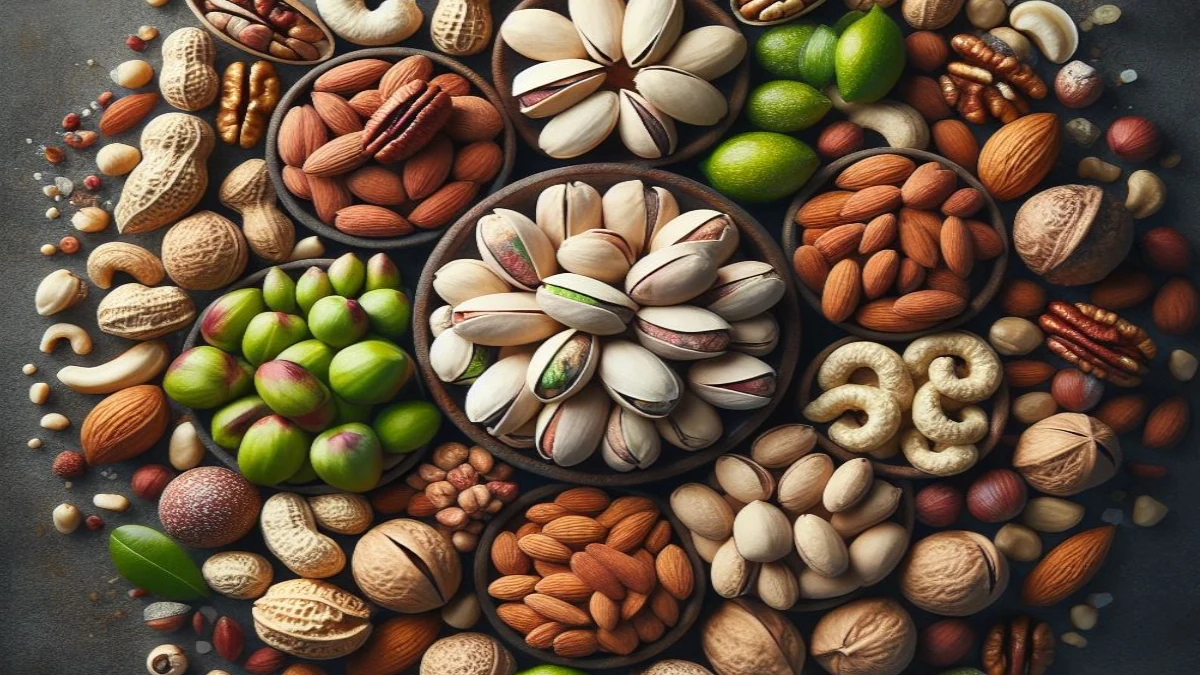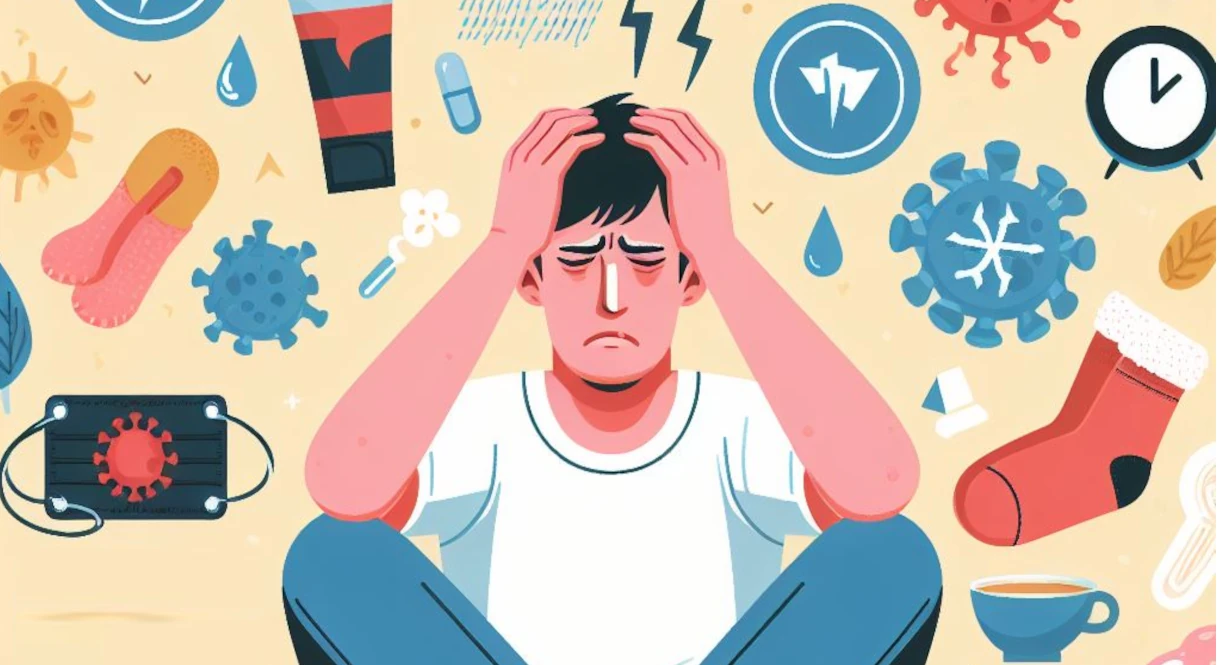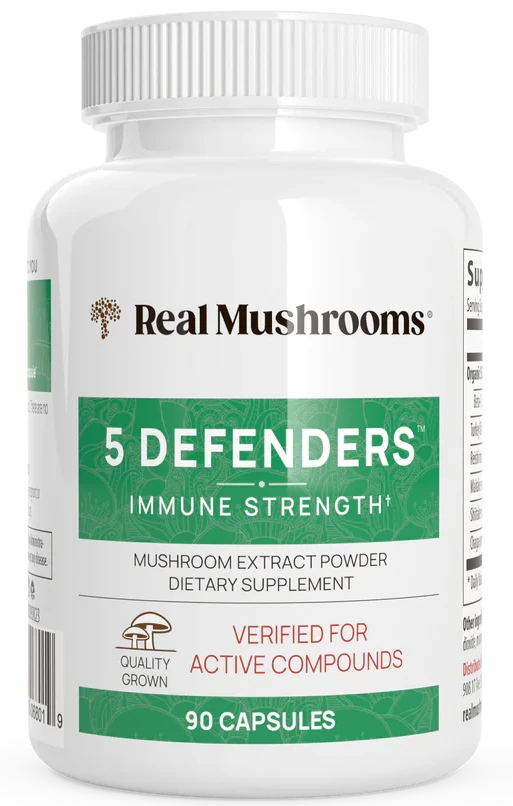7 Foods to Avoid When Taking Ozempic
When you're prescribed Ozempic, a medication used to manage type 2 diabetes and aid in weight loss, it's important to be mindful of your dietary choices.
Certain foods can interact with Ozempic, potentially exacerbating side effects or undermining the medication's effectiveness.
By understanding which foods to avoid or limit, you can optimize your experience with Ozempic and support your overall health and wellness goals.
Let's explore the top foods to steer clear of when taking this diabetes medication.
7 Foods to Avoid When Taking Ozempic

1. Fried, Greasy Foods
Fried and greasy foods can be particularly problematic when taking Ozempic.
These types of foods can worsen gastrointestinal side effects like nausea, bloating, and gas.
Additionally, they are often high in unhealthy fats that can undermine your weight loss efforts.
Instead, opt for healthier cooking methods like baking, grilling, or sautéing.
Focus on lean proteins, vegetables, and whole grains to nourish your body while minimizing discomfort.
2. Sugary Foods and Drinks
Consuming sugary foods and beverages can negatively impact your blood sugar control, which is a key focus of Ozempic.
These high-sugar items can also contribute to weight gain, counteracting the medication's intended effects.
Be mindful of hidden sugars in processed foods, sauces, and beverages.
Stick to whole, unprocessed foods and limit your intake of sodas, juices, and other sugary treats.
3. High-Sodium Foods
High-sodium foods can exacerbate certain side effects of Ozempic, such as increased blood pressure and heart disease risk.
Processed, canned, and restaurant foods are often high in sodium, so it's important to read labels and opt for low-sodium alternatives.
When cooking at home, use fresh, unprocessed ingredients and limit your use of salt.
Experiment with herbs, spices, and other flavorful seasonings to enhance the taste of your meals without relying on excessive sodium.

4. High-Fat Foods
Foods high in saturated and trans fats, such as whole milk, heavy cream, full-fat cheese, butter, and red meat, can worsen gastrointestinal side effects associated with Ozempic.
These high-fat items can also contribute to weight gain and other health concerns.
Instead, focus on incorporating healthier fats like those found in lean proteins, nuts, seeds, and plant-based oils.
Opt for low-fat or non-fat dairy products when possible.
5. Added Sugars
Avoiding added sugars is crucial when taking Ozempic. These hidden sugars can be found in sauces, salad dressings, frozen meals, and other processed foods.
Consuming too many added sugars can undermine your blood sugar control and overall health.
Read labels carefully and choose products with minimal or no added sugars.
Opt for whole, unprocessed foods whenever possible to better manage your sugar intake.

6. Spicy Foods
Spicy foods can irritate the stomach and worsen gastrointestinal side effects like nausea, bloating, and discomfort when taking Ozempic.
If you experience any discomfort after consuming spicy items, it's best to reduce or avoid them.
Gradually reintroduce spicy foods to your diet, paying attention to how your body responds.
If the discomfort persists, it may be best to steer clear of spicy dishes while on Ozempic.
7. Large Meals
Eating large, heavy meals can exacerbate the side effects of Ozempic, such as nausea, bloating, and discomfort.
It's recommended to opt for smaller, more frequent meals to better manage these symptoms.
Portion control is key when taking Ozempic.
Listen to your body's hunger and fullness cues, and aim for balanced meals that include lean proteins, complex carbohydrates, and fiber-rich vegetables.




